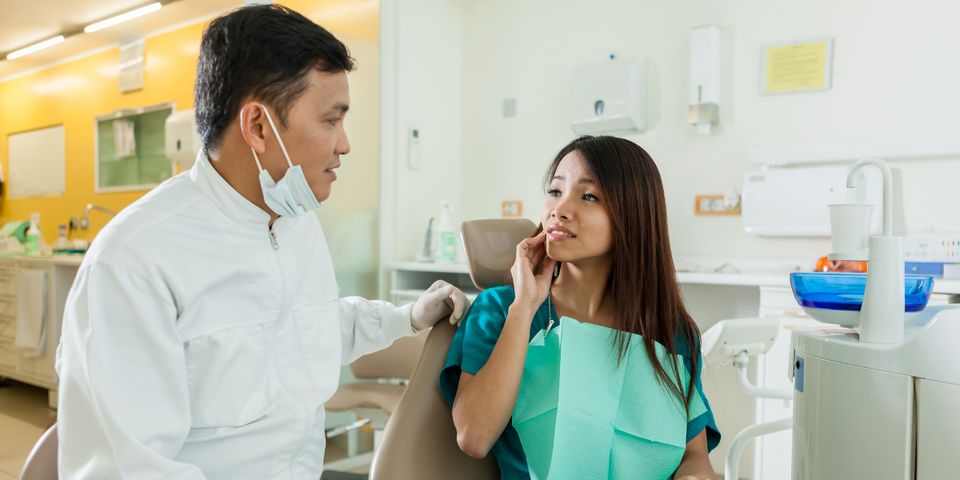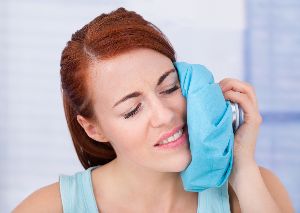Do's and Don'ts After a Tooth Extraction

Most people don't anticipate needing a tooth pulled as an adult, but it happens despite the best oral hygiene practices. Many may have never experienced this, while others were perhaps too young to recall having an extraction. Either way, knowing what to expect and what to do afterward makes for a quick recovery. Though your dentist will provide instructions specific to your procedure, the following guidelines can help prepare you.
Do:
Follow the dentist’s advice.
Dentists understand how the body reacts to tooth extraction and how to prevent complications like dry socket and infection, so following their regimen of pain medication and antibiotics will help you heal. Try to keep the gauze on the extraction site as instructed, usually about 30 minutes to an hour, to protect the gum, nerves, and bone from exposure while a blood clot forms as a normal and necessary part of the healing process.
Get rest and drink water.
Healing is taxing, so resting and staying hydrated are critical to recovery. While you don’t need to stay in bed the whole time, you should avoid exercise and keep your head in an upright position even when sleeping, so the clot has gravity on its side. You can limit your drinks to cold or lukewarm water at first since hot beverages can dislodge the clot and cause a lot of pain due to nerve exposure.
Apply ice packs.

Placing ice packs on your face near the extraction site can reduce the swelling and pain, alternating between 15 minutes on and 15 minutes off, as needed. This is most helpful within the first 24 hours of having a tooth removed.
Don’t:
Irritate the site.
The clot protects the extraction site from foreign material and exposure. However, the sucking motion from smoking or drinking through a straw could dislodge it, so you should avoid these activities. Swishing or poking at it has the same effect. Instead, try to leave it alone so it can heal properly.
Take aspirin for the pain.
Blood thinners, like aspirin, interfere with the clotting process necessary for healing the extraction site and protecting it from infection. Your dentist will prescribe a safe and effective pain reliever, and following their directions will safely minimize discomfort.
Drink carbonated beverages or eat certain foods.
Carbonation and certain foods can dislodge blood clots and cause more pain. For this reason, sticking to clear liquids and avoiding anything crunchy, chewy, or spicy while recovering is recommended. Ideally, you should avoid solid foods altogether until you can feel your face again.
Whether you need a tooth extraction, dental implants, or routine teeth cleaning, rely on Gregory Sy, DDS, & Associates in Amherst, OH, near Lorain. This dental practice offers a full range of attentive, compassionate care for patients of all ages. Visit the website or call (440) 282-9550 to schedule an appointment.
About the Business
Have a question? Ask the experts!
Send your question

